How FinTech can relate to the Healthcare Industry
21 April 2020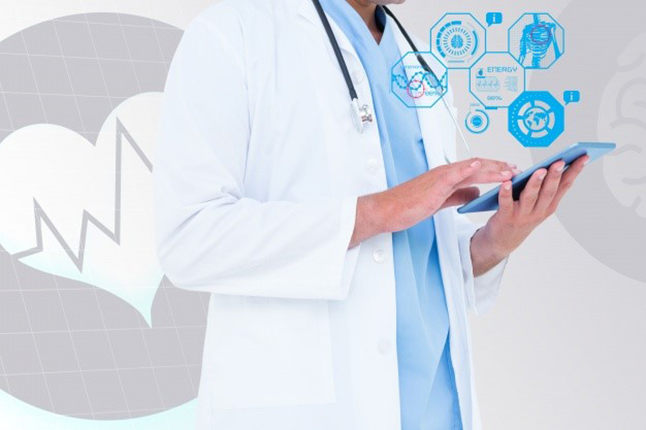
With the rise of FinTech applications across most, if not
all, industries around the world, healthcare might be the most benefiting of
those industries, especially since several medical institutions complicate
medical attention if the patients do not pay before being treated.
With 46% of people exclusively using digital channels for
their financial needs (per Fortunly) and the estimate by Finances Online that
90% of global mobile users will use at least one banking platform on the go by
2020, it’s safe to say that FinTech is here to stay, and it definitely could remedy
several complications found in the healthcare industry today.
The financial and healthcare industries could greatly
benefit from a merger at different levels, which will benefit all the parties
involved and especially the most important one: the consumer. Allowing medical
expenses to be paid on the spot is priceless in this day and age, but that’s
not the only advantage. Let’s explore the ways that FinTech can help out the
healthcare sector.
Digital-Centric Transactions
Looking at healthcare, medical billing can greatly benefit
from adopting digital payments and can easily adapt to it.
Recurrent and one-time medical bills could be paid easily
and conveniently, without the need for cash at hand. This also includes any
medical expenses and buying medicine off the counter, where payments are made
available through secure & reliable digital platforms like mobile banking
apps. Digitizing the medical payment processes will surely enhance operations
across the board, resulting in a safer, greener and more sustainable healthcare
system.
AI-Driven Decision Making
Raw data is the unsung hero of the medical system, and
thorough analysis and visualization of the available medical data around the
world is crucial to a healthy and disease-free future. This complicated process
can be a lot more simplified and hastened with the introduction of artificial
intelligence (AI) and machine learning (ML) algorithms into healthcare, in
order to provide more in-depth analysis and proper data visualization to
improve decision-making processes in medicine.
In addition to making healthcare more affordable and granting
easier access to data, AI can help in early detection of medical conditions and
provide more accurate medical recommendations around the world, provided that
the medical staff is aligned in terms of complementing the AI-based tasks to
guarantee the best possible outcome for patients on an international level.
Increased Data Security
Although the healthcare industry is less prone to
cyber-attacks and data breaches than FinTech itself, the data held at medical
institutions around the world are still confidential and should be protected at
all costs from any external intrusion. The same robust & secure data
protection measures should be applied to the medical sector, where securing it
from potential fraud and theft is a critical measure that should be used to
reassure the public of the safety and privacy of their data.
Like FinTech, multi-step validation and verification
processes can be used to ensure the privacy of patients’ data and to secure the
sharing of sensitive, personal information between medical institutions. Furthermore,
it should be communicated by medical entities when applying these digital
process that the patients (or their caretakers) are the only ones that can give
explicit consent for the availability of his or her data, establishing trust
across the global healthcare industry.
Conclusion
The disruptive nature of financial technology has been
witnessed by almost anyone that has used it in any form or way, and it’s this
unique aspect of it that can inspire relevant ideas and innovative concepts in
the field of healthcare. We, the human race, benefit greatly when the
healthcare system is at the forefront of technological advancement. When time
and resources are invested into that indispensable ecosystem, it will lead to
better patient treatments, quicker processing, decreased costs and better
security for everyone involved in the healthcare cycle. Moving forward, this
will improve and enhance the livelihood of the global population as a whole.
Tags
Healthcare, Medicine, digital transactions, mobile finance, artificial
intelligence, AI, machine learning, ML, data analysis, data security, cyber-attacks,
data privacy
related articles

Financial Health is What FinTech Should Be Empowering

Setting Digital Banking Transformation Priorities During a Pandemic

The State of Biometrics in 2020 and Beyond

Regulatory Technology is the Unsung Hero of Digital Transformation
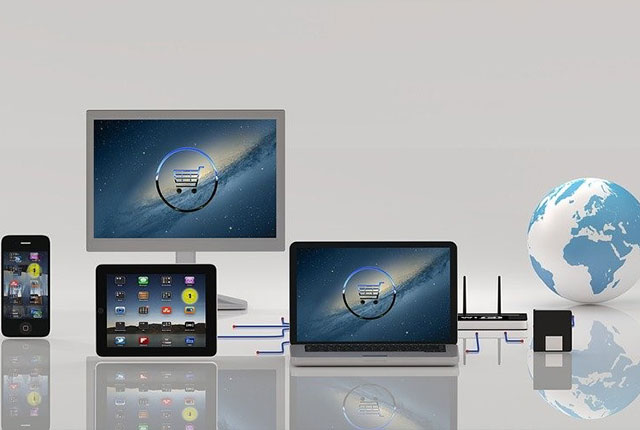
Bridging the Digital Divide with APIs
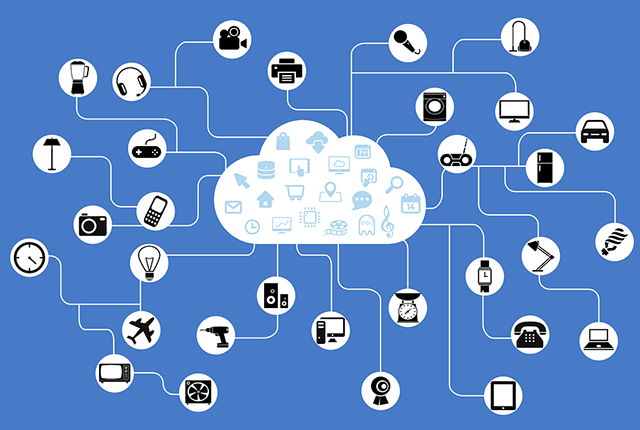
The Impact of IoT on FinTech & Banking

How is Banking Changing with COVID-19?

Customer Service Transformation has become a must in a Digital World

Are Baby Boomers or Gen Z the next banking customers?

Humanizing Services through Smart Banking Technologies
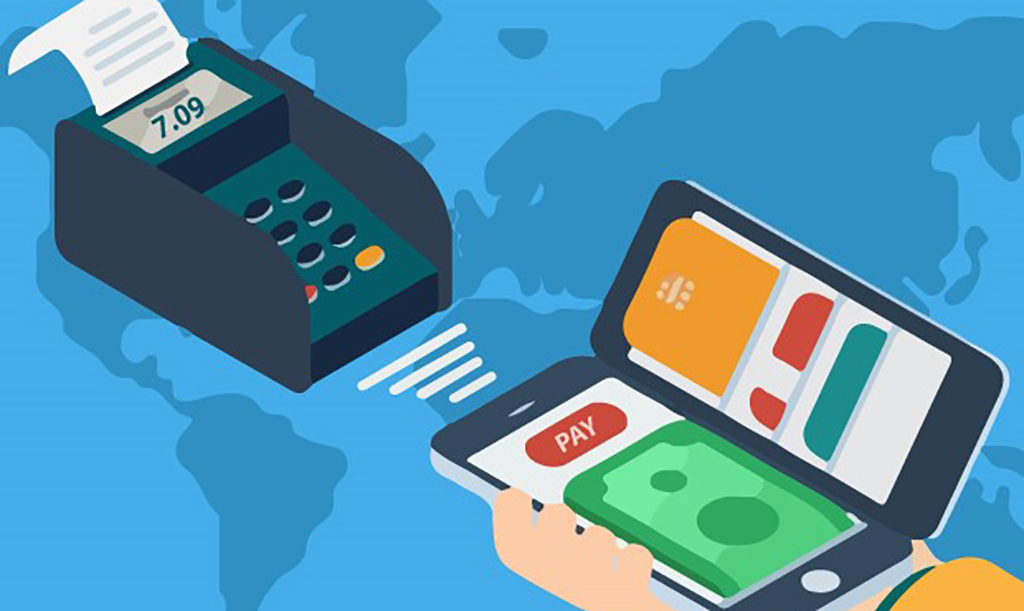
MSME Lending & FinTech: What to Expect in 2020

How Digital Innovation can Transform the Future of Banks
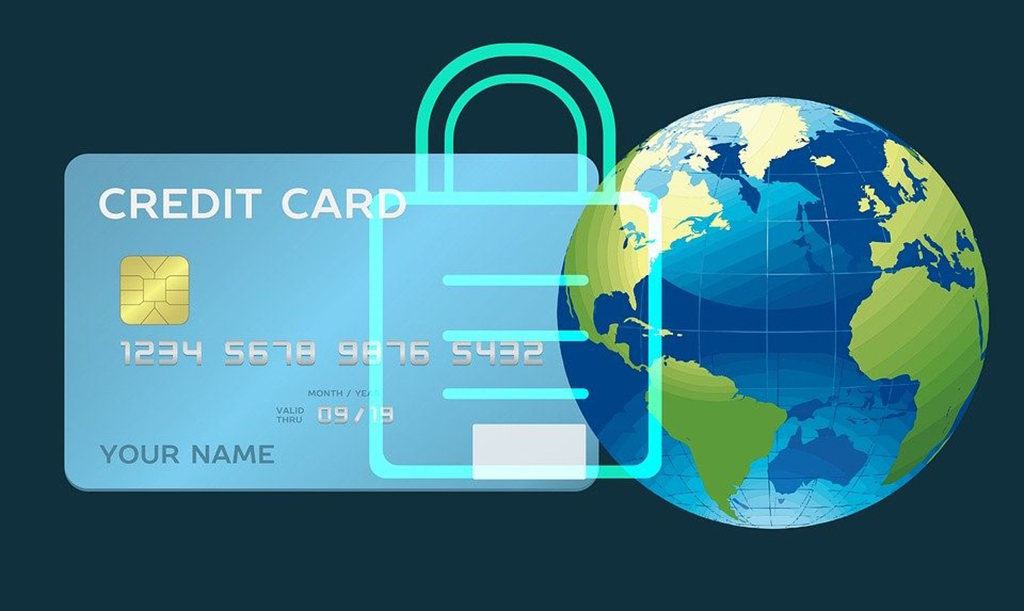
Banking Experts Forecast Key FinTech Trends in 2020

How FinTech is Changing the Finance Industry.
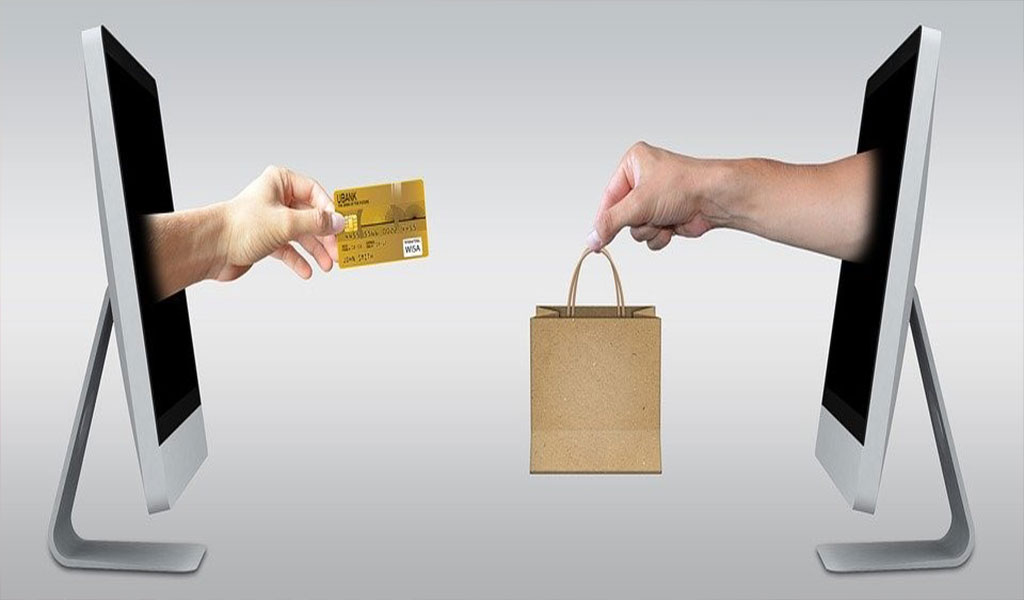
6 FinTech Trends That Will Transform Banking In 2020

FinTech Trends To Keep An Eye On In 2020
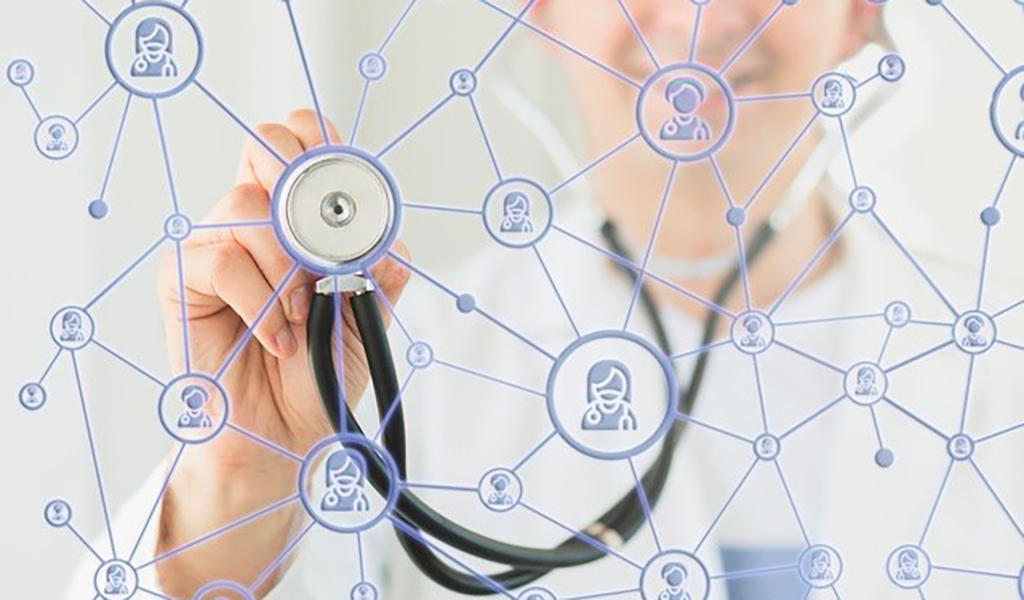
How FinTech Can Contribute To Healthcare

How many digital Middle Eastern companies have unlocked their full innovative potential?

Top Five MENA Venture Capital Investments in Q3 2019

Digital Banking vs Physical Branches: Competition Not Mandatory
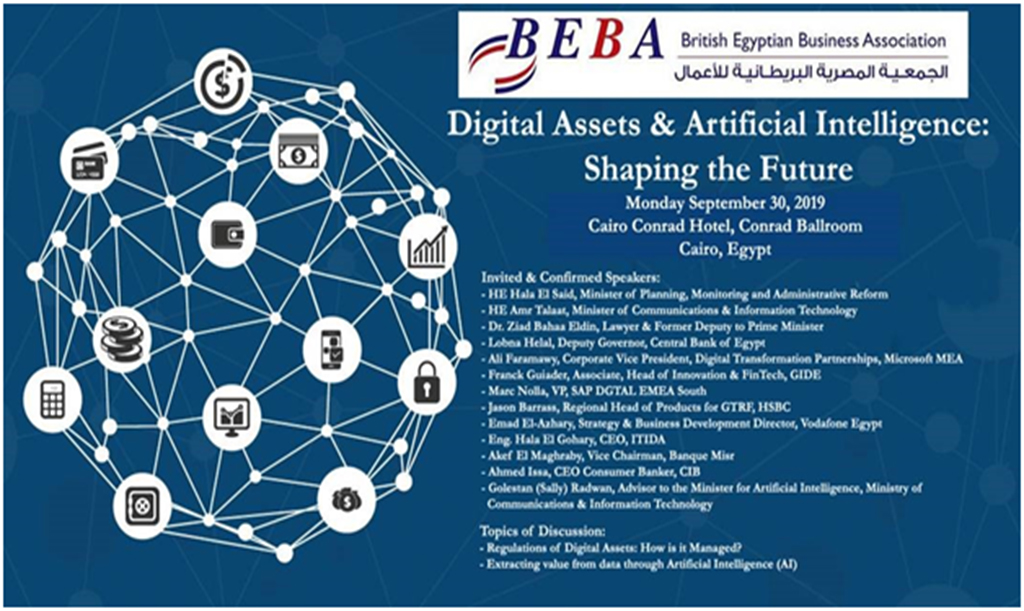
BEBA presents the Digital Assets & Artificial Intelligence: Shaping the Future event
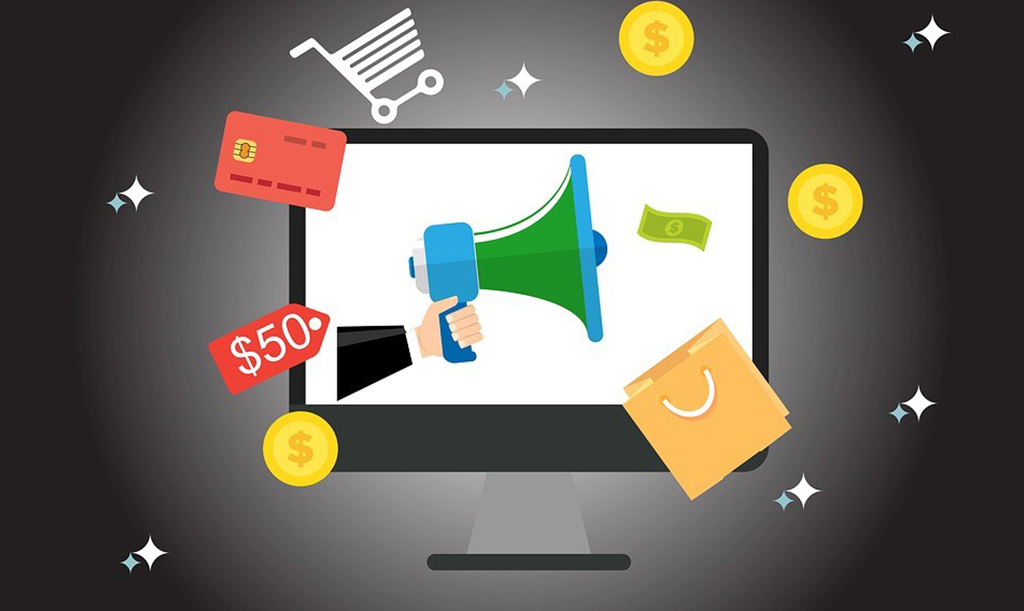
Five Technologies Expected to Reshape FinTech in 2020
.jpg)
Egypt’s First Artificial Intelligence Faculty launched at Kafr El Sheikh University


 0
0
 3.6k
3.6k 



Comments